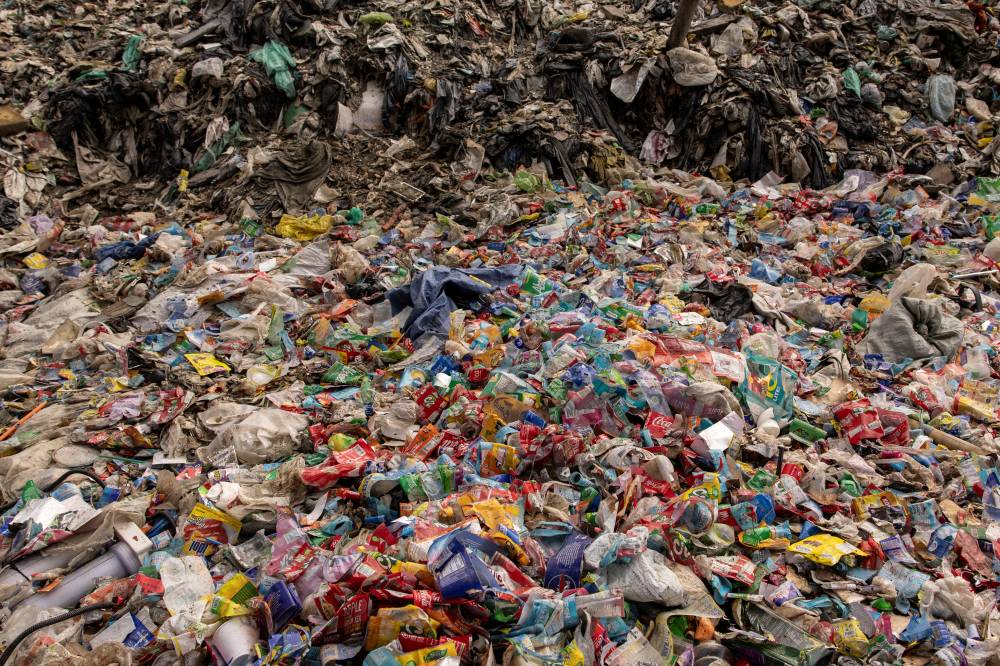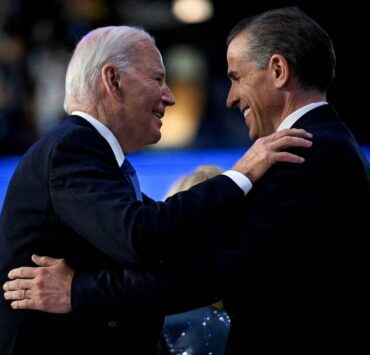Plastic talks fail to reach key deal

BUSAN, SOUTH KOREA—Countries negotiating a global treaty to curb plastic pollution failed to reach agreement on Monday, with more than 100 nations wanting to cap production while a handful of oil-producers were prepared only to target plastic waste.
The fifth UN Intergovernmental Negotiating Committee (INC-5) meeting intended to yield a legally binding global treaty in Busan, South Korea, was meant to be the final one.
However, countries remained far apart on the basic scope of a treaty and could agree only to postpone key decisions and resume talks, dubbed INC 5.2, to a later date.
“It is clear that there is still persisting divergence,” said Inger Andersen, executive director of the UN Environment Program.
The most divisive issues included capping plastic production, managing plastic products and chemicals of concern, and financing to help developing countries implement the treaty.
An option proposed by Panama, backed by more than 100 countries, would have created a path for a global plastic production reduction target, while another proposal did not include production caps.
Fault lines
The fault lines were apparent in a revised document released on Sunday by the meeting’s chair Luis Vayas Valdivieso, which may form the basis of a treaty, but remained riddled with options on the most sensitive issues.
“A treaty that … only relies on voluntary measures would not be acceptable,” said Juliet Kabera, director general of Rwanda’s Environment Management Authority.
“It is time we take it seriously and negotiate a treaty that is fit for purpose and not built to fail.”
A small number of petrochemical-producing nations, such as Saudi Arabia, have strongly opposed efforts to reduce plastic production and have tried to use procedural tactics to delay negotiations.
“There was never any consensus,” said Saudi Arabian delegate Abdulrahman Al Gwaiz. “There are a couple of articles that somehow seem to make it (into the document) despite our continued insistence that they are not within the scope.”
Top polymer nations
China, the United States, India, South Korea and Saudi Arabia were the top five primary polymer-producing nations in 2023, according to data provider Eunomia.
Had such divisions been overcome, the treaty would have been one of the most significant deals relating to environmental protection since the 2015 Paris Agreement.
The postponement comes just days after the turbulent conclusion of the COP29 summit in Baku, Azerbaijan.
At Baku, countries set a new global target for mobilizing $300 billion annually in climate finance, a deal deemed woefully insufficient by small island states and many developing countries.
The climate talks were also slowed by procedural maneuvers by Saudi Arabia—who objected to the inclusion of language that reaffirmed a previous commitment to transition away from fossil fuels.
Some negotiators said a few countries held the proceedings hostage, avoiding compromises needed by using the UN’s consensus process.
Senegal’s National Delegate Cheikh Ndiaye Sylla called it “a big mistake” to exclude voting during the entire negotiations, an agreement made last year during the second round of talks in Paris.
Plastic production is on track to triple by 2050, and microplastics have been found in the air, fresh produce and even human breast milk.
Reuters, the news and media division of Thomson Reuters, is the world’s largest multimedia news provider, reaching billions of people worldwide every day. Reuters provides business, financial, national and international news to professionals via desktop terminals, the world's media organizations, industry events and directly to consumers.

















